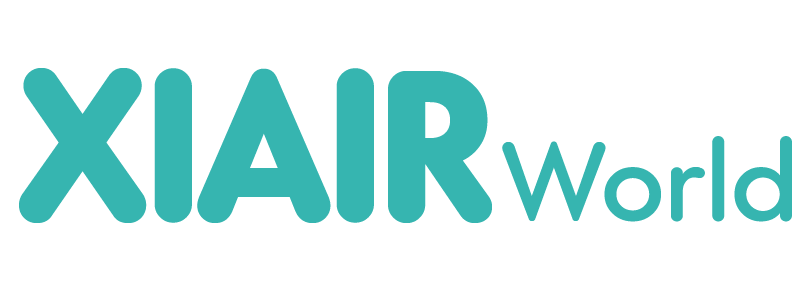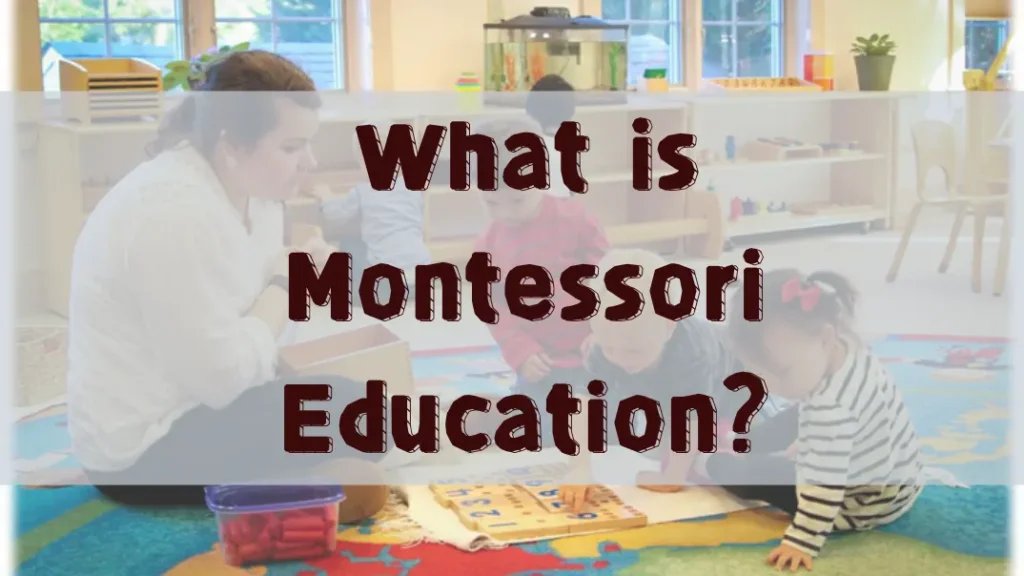Parents and educators worldwide continuously search for more effective ways to nurture children’s natural curiosity and love for learning. One approach that stands out is Montessori education, known for its unique, child-centered teaching philosophy. Many wonder what Montessori education means and why it has gained such popularity across the globe.
Montessori education, developed by Dr. Maria Montessori, is a comprehensive educational philosophy focusing on hands-on, self-directed learning, encouraging children to explore and discover at their own pace.
But what exactly is Montessori education, and how does it differ from traditional education? Let’s explore the meaning of Montessori education, its history, core elements, principles, and how it can benefit your child.
Montessori History
The history of Montessori education began in the early 20th century when Dr. Maria Montessori introduced a groundbreaking approach to educating children. Trained as a medical doctor, Montessori shifted her focus to education after observing that children learned best through hands-on experiences and exploration. She founded her first school, “Casa dei Bambini” (Children’s House), in 1907, where she implemented what would later become the Montessori method of education.
Her method emphasized self-directed learning, a respectful and structured environment, and specially designed learning materials, now commonly referred to as Montessori educational materials. This foundation of Montessori education quickly gained popularity, and today, the Montessori education system is practiced in over 100 countries worldwide. The Montessori method remains a cornerstone of early childhood education and is also widely used in Montessori education preschool settings, focusing on the critical first years of development.
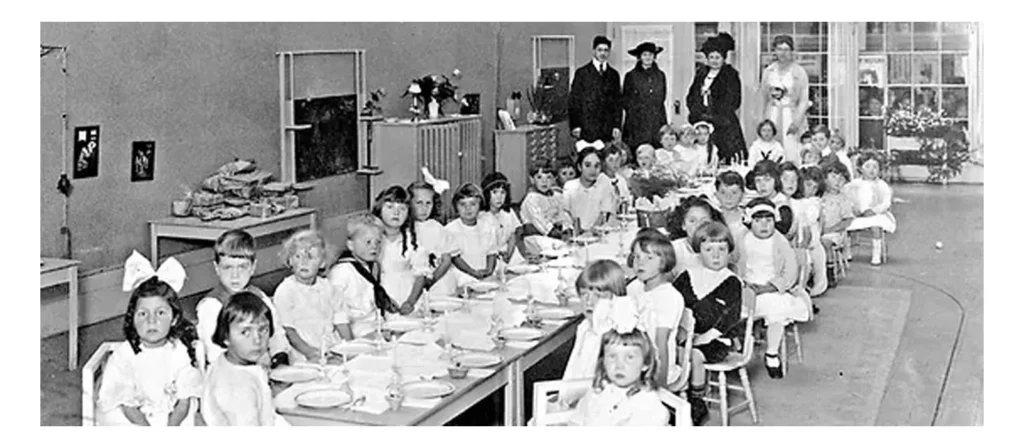
Who is Maria Montessori?
Maria Montessori pioneered educational reform, advocating for a more humane, child-centered approach to teaching. Born in 1870, she was one of the first women in Italy to obtain a medical degree. Her experiences working with children, particularly those with special needs, made her question traditional education’s rigid, top-down approach. This inspired her to develop a new philosophy of learning based on respect for the child’s natural abilities.
Maria Montessori is widely known for her contributions to education, and her education quotes reflect her beliefs in empowering children. For example, one of her famous Maria Montessori education quotes states, “The greatest sign of success for a teacher is to be able to say, ‘The children are now working as if I did not exist.'”

What is Montessori Education?
At its core, Montessori education is designed to foster a child’s natural desire to learn. The method is built on the Montessori philosophy of education, which believes that children learn best when they can explore, make choices, and engage in hands-on activities. Unlike traditional classrooms, Montessori classrooms provide an environment rich with opportunities for self-directed learning, supported by a range of specialized materials. This type of Montessori education approach encourages children to become independent, critical thinkers.
The Montessori education meaning is rooted in the belief that education should be individualized. Children can choose their activities and work independently, ensuring they grasp concepts before moving on. This Montessori educational approach helps them develop a deep understanding of subjects like math, language, science, and practical life skills.
Core Elements of Montessori Education
The core elements of Montessori education set it apart from more traditional methods. These key elements of Montessori education are carefully designed to promote academic success and social, emotional, and physical development. Below, we’ll explain the most important components that form the foundation of Montessori education.
In Montessori education, classrooms are known for their prepared environments. These spaces are intentionally organized to facilitate independent learning, with child-sized furniture, easily accessible materials, and activities that encourage children to explore and learn through direct experience. The goal is to provide a supportive environment where children can thrive, explore their interests, and develop self-confidence.
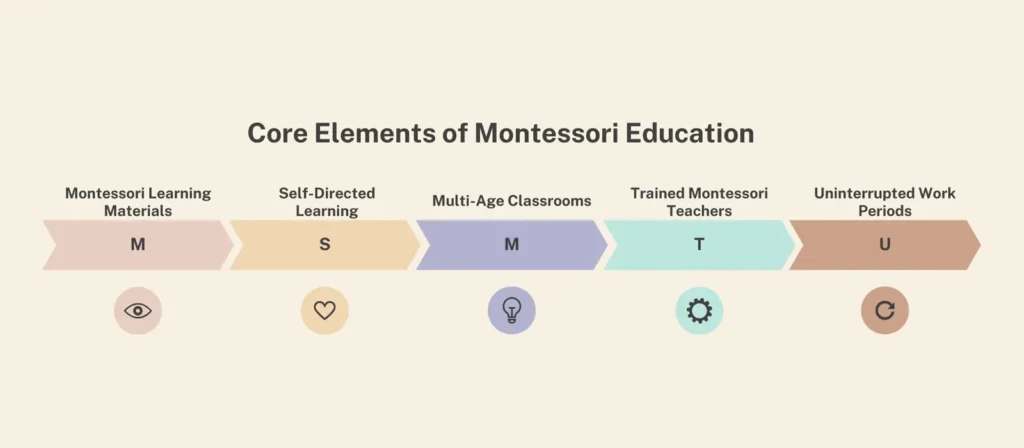
- Montessori Learning Materials: The Montessori educational materials are essential to the method’s success. These tools help children grasp abstract concepts by engaging their senses. For instance, wooden Montessori educational toys and tactile objects like the “Pink Tower” teach early math concepts. At the same time, sensory education in Montessori encourages children to refine their senses through structured activities. These materials are self-correcting, meaning children can independently identify and fix mistakes, promoting problem-solving and autonomy.
- Self-Directed Learning: A core tenet of the Montessori method of education is that children are empowered to take charge of their learning. In a Montessori classroom, students choose from various activities that interest them, promoting a sense of ownership over their education. This Montessori educational approach fosters independence, responsibility, and a love of learning that often stays with children throughout their lives.
- Multi-Age Classrooms: Montessori classrooms are structured with mixed-age groups, typically spanning three years. This multi-age system allows older children to mentor younger ones while younger students learn by observing and interacting with older peers. This dynamic supports academic and social growth, fostering collaboration and leadership skills.
- Trained Montessori Teachers: The teacher’s role in Montessori classrooms is not to lecture but to guide. Montessori teachers are trained to observe each child and introduce materials and concepts when the child is ready. They aim to cultivate a supportive learning environment that encourages exploration rather than providing direct instruction.
- Uninterrupted Work Periods: In a typical Montessori preschool education, children are given long, uninterrupted periods to focus on their tasks, often lasting two to three hours. These extended work periods allow for deep concentration and engagement, fostering a sense of flow and accomplishment that strengthens their ability to focus and work independently.
Don’t just dream it, design it! Let’s chat about your custom furniture needs!
5 Principles of Montessori Teaching Method
The Montessori method of education is guided by five key principles, each designed to nurture the child’s natural development. These basic principles of Montessori education are grounded in the belief that children can teach themselves in an environment that meets their needs. Let’s dive into these core principles, which form the foundation of Montessori education.
1. Respect for the Child:
One of the most important principles of Montessori education is respect for the child. Montessori teachers respect each child as an individual with unique talents, interests, and needs. This principle is reflected in how children are treated, spoken to, and empowered to make decisions in the classroom.
2. The Absorbent Mind:
Montessori believed that children possess an “absorbent mind” during their early years, meaning they naturally absorb knowledge from their environment. This Montessori theory of early childhood education capitalizes on this critical developmental period by providing rich, stimulating environments filled with opportunities for discovery.
3. Sensitive Periods:
Sensitive periods refer to times in a child’s life when they are particularly receptive to learning specific skills, such as language acquisition or order. During these phases, children are intensely focused on mastering new abilities. Montessori educational materials are designed to support children during these sensitive periods, helping them learn and grow at their own pace.
Don’t just dream it, design it! Let’s chat about your custom furniture needs!
4. Prepared Environment:
The prepared environment is central to the Montessori philosophy of education. Montessori classrooms are organized to encourage independence, movement, and choice. Children can access all necessary materials and tools without adult assistance, fostering autonomy and self-discipline.
5. Auto-Education:
Dr. Montessori believed in auto-education, meaning children can educate themselves in the right environment. Children are encouraged to explore, experiment, and make discoveries independently in a Montessori classroom under a trained teacher’s guidance. This principle is at the heart of the Montessori educational approach.

Pros of Montessori Education
There are many benefits of Montessori education, which explains why it’s such a popular choice for early childhood learning. Here are some of the key advantages of Montessori education:
- Hands-on Learning Skills: The Montessori educational materials used in classrooms encourage tactile and sensory exploration, helping children build a strong foundation in subjects like math, science, and language. These materials are designed to engage children at multiple difficulty levels, ensuring continuous learning.
- Encourages Social Interaction: Montessori education promotes a community atmosphere through its multi-age classrooms, where children learn to work together, mentor one another, and build relationships. This Montessori approach to early childhood education helps children develop strong social and leadership skills.
- Foster’s Independence: One of the biggest benefits of Montessori education is its focus on independence. Children are encouraged to take responsibility for their learning, manage their time, and make choices. This freedom allows them to develop self-confidence and decision-making skills that will benefit them throughout life.
- Supports Special Needs: The individualized nature of Montessori education makes it a good fit for children with special needs. Montessori and special education go hand-in-hand because the method allows children to learn at their own pace and receive personalized attention. The Montessori education system is highly adaptable, accommodating children with various abilities.
Cons of Montessori Education
While there are many positives, there are also cons of Montessori education that parents should consider before choosing this approach:
- More Expensive: Montessori schools often come with higher costs due to the specialized training of teachers, materials, and smaller class sizes. This can make Montessori education less accessible to some families.
- Loose Curriculum Structure: Some parents feel that the curriculum of Montessori education lacks structure. Without standardized testing or direct instruction, it can be hard to gauge a child’s academic progress compared to traditional school systems.
- Open Structure of the Classroom: The freedom of the Montessori classroom may not work for every child, particularly those who need more structure or direction. Some students may struggle with the independence required in a Montessori educational approach.
Why is Montessori Education Different From Traditional Systems?
One of the key differences between Montessori and traditional education is the role of the teacher. In traditional classrooms, teachers often control the learning process, dictating what children should learn and when. Montessori teachers act more as guides or facilitators, allowing children to take the lead.
Montessori vs. Traditional Education
| Feature | Montessori Education | Traditional Education |
|---|---|---|
| Learning Pace | Individualized based on the child’s readiness | Uniform pace for all students |
| Role of Teacher | Facilitator or guide | Instructor |
| Classroom Structure | Mixed-age groups, collaborative learning | Single age groups, competitive environment |
| Learning Approach | Hands-on, experiential, child-led | Teacher-led, theoretical |
Age Stages of Montessori Curriculum
The Montessori education age group system is designed to align with children’s natural developmental stages, ensuring that each child receives the appropriate level of challenge and support as they grow:
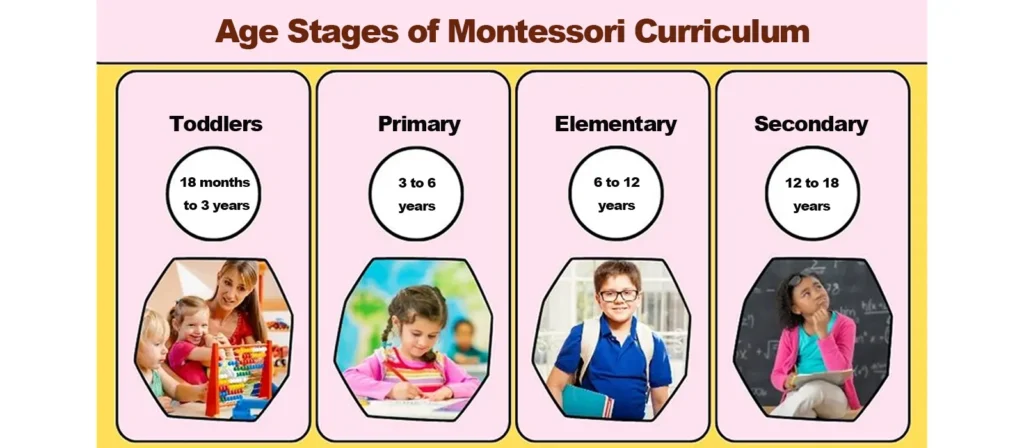
- Toddlers (18 months – 3 years): At this stage, children engage in practical life skills, sensory exploration, and language development. Using Montessori wooden educational toys encourages fine motor skill development and independence.
- Primary (3 – 6 years): In the primary years, children start developing foundational academic skills in math, language, and cultural studies. The method of Montessori education for this age group emphasizes sensorial learning and hands-on activities.
- Elementary (6 – 12 years): Children in elementary school focus on abstract thinking, problem-solving, and group projects. The Montessori concepts of education for this age group foster creativity and independence in a collaborative setting.
- Secondary (12 – 18 years): The focus for adolescents shifts to real-world applications, internships, and community engagement, preparing students for adult life.
Frequently Asked Questions About Montessori Education
- What is the Difference Between Montessori in Education and Traditional Education?
Montessori education emphasizes self-directed learning, hands-on activities, and collaborative play, fostering independence and holistic development. Traditional education often focuses on structured curriculum, teacher-led instruction, and individual achievement. - Can Montessori Home Education Be as Effective as School-Based Programs?
Montessori home education can be as effective as school-based programs if it incorporates key Montessori principles such as a prepared environment, child-led learning, and age-appropriate materials, with consistent parental involvement. - How Does the Montessori Education Philosophy Support Children With Special Needs?
Montessori philosophy inherently supports children with special needs by offering a flexible and individualized learning approach, allowing children to learn at their own pace and adapt activities to their abilities and interests. - Is Montessori Education at Home Suitable for All Families?
While beneficial, Montessori at home may not be suitable for all families due to the need for specific materials, space for a conducive environment, and a significant time commitment from parents to facilitate learning. - What Role Do Parents Play in Supporting a Montessori Education?
Parents play a crucial role as facilitators in Montessori education, preparing the learning environment, guiding the child through the Montessori methods, and respecting the child’s natural learning progression. - How Does Education Montessori Differ for Older Children and Adolescents?
For older children and adolescents, Montessori education expands to include more complex subjects and projects, encouraging self-expression, advanced problem-solving, and community engagement while emphasizing self-paced, individualized learning.
Conclusion
Montessori education offers a distinctive, child-centered approach emphasizing independence, critical thinking, and respect for a child’s natural development. Whether for toddlers, preschoolers, or older children, the Montessori educational approach nurtures a love of learning that lasts a lifetime. By understanding the foundation of Montessori education and its benefits, you can determine whether this method aligns with your child’s needs and your educational goals.
